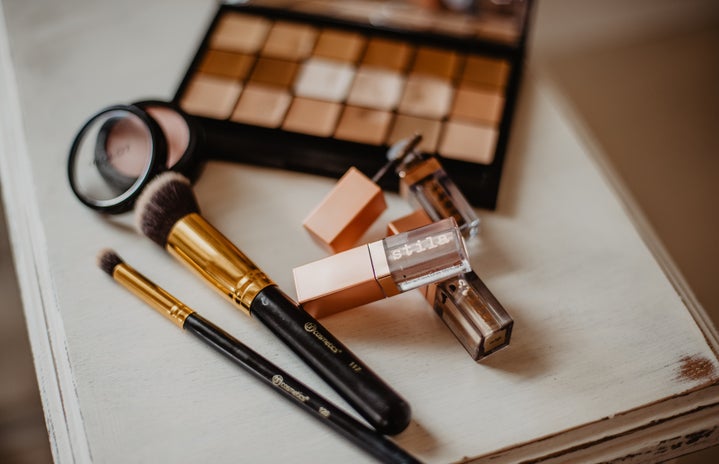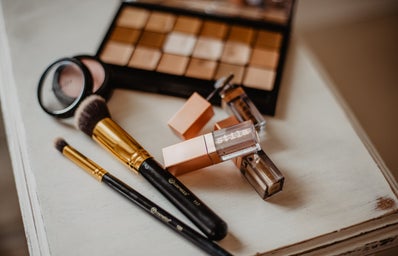Is traditional femininity a valid form of expression or just a patriarchal effect?
Ever since I was young, I’ve had an interest in makeup, doing my hair, buying new clothes and wearing perfume. I grew into the “girly-girl” stereotype pretty quickly, and although I wasn’t always perfect at it, I found I really enjoyed all of these things, and above all, I enjoyed looking good. To this day, I still do my best to appear put-together every day, as I’ve come to understand it makes me feel good. And I’ve heard lots of other girls say the same thing in rebuttal to criticism of these fixations by saying “I do it for myself.” I’d like to believe this is the truth for me and these other women, but could there be underlying motivations behind the desire for traditional femininity?
This isn’t to say we don’t truly enjoy these things; I love feeling clean, I love being freshly shaven, I love doing my hair, I love perfecting my makeup and picking out an outfit I feel confident in. But I can’t deny I don’t feel as good when I fall short. But the question is, why? If you ask me to my face, I’ll likely say what so many other women do – I like doing it for myself and it makes me feel good. But why do I need all of these things to feel my best? The answer may lie in something I don’t want to admit has an effect on my behavior: patriarchal standards.
Even if I, along with other women, truly enjoy these “girly” and traditionally feminine things, it’s important to be aware of where they came from. It takes me back to the image of 1950s housewives wearing makeup and high heels with their hair done just to stay home and wait for their husbands. And while this may just be an image now, I still see this resonate in modern terms. As women, we often praise those who maintain these beauty standards, whether it’s intentional or not. If we see a female surgeon or lawyer or corporate employee who expresses femininity, we label them as a “girl boss” more often than those who don’t wear “feminine” makeup or clothing. You could argue that part of this is seeing ourselves in feminine, powerful women, and that I understand. But why do we value these women more than those who don’t express these traits as much?
As much as I wish it weren’t true, I know my perceptions of what makes me beautiful comes from how men historically view women. As I said before, I like to be shaven, I like wearing makeup just to achieve the effect of natural beauty, I like wearing clothes that accentuate my curves. These things may make me feel good, but they also make men view me more favorably, and that’s always subconsciously in the back of my mind.
I’m a firm believer that everyone should be able to express themselves however they want. But it is important to not fall into the trap of letting patriarchal standards define how we view ourselves or others. And I don’t doubt many other women are more comfortable in their own view of themselves, but I also know that many still subconsciously struggle with the male gaze. It can be true that we now genuinely enjoy traditional femininity, but it is equally true that these beauty standards come from men. I’m always going to do what makes me happy and what makes me feel good, and all other women should as well. However, we need to understand why we enjoy these things in the first place and learn how to not let it consume our lives without even realizing it.


